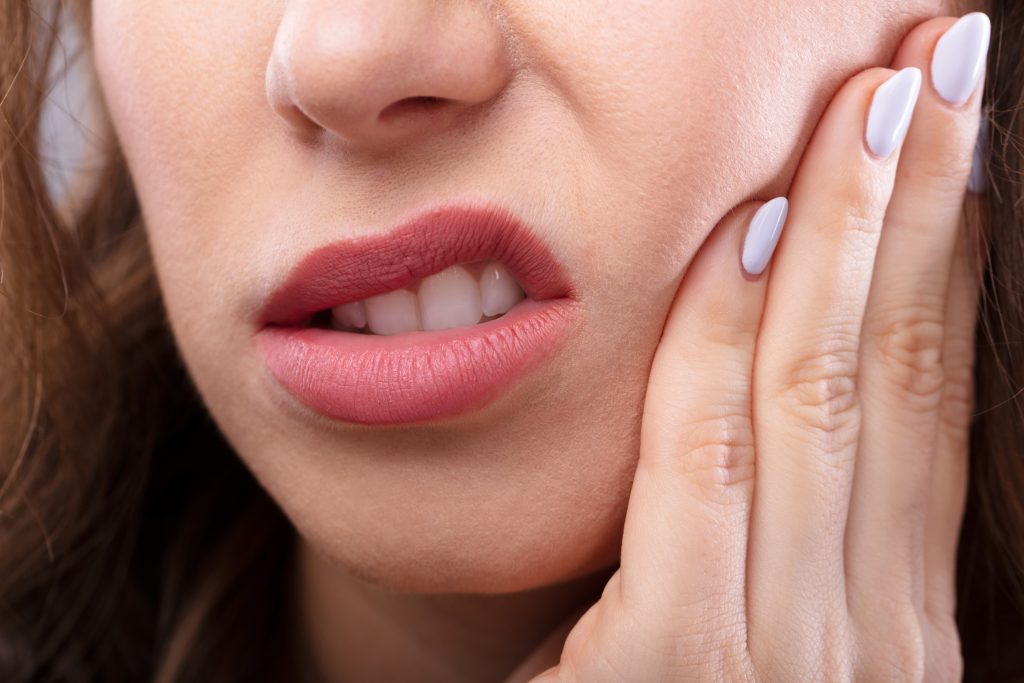Chipped teeth can result from various factors, including:
The appropriate treatment depends on the severity and location of the chip. Common treatments include:
Individuals who may need chipped teeth repair include those with:


Chipped teeth can result from various causes and may require different treatments depending on the severity and location of the damage. It is essential to consult with a dental professional for appropriate treatment and follow recommended guidelines to ensure a successful outcome and maintain healthy teeth.
